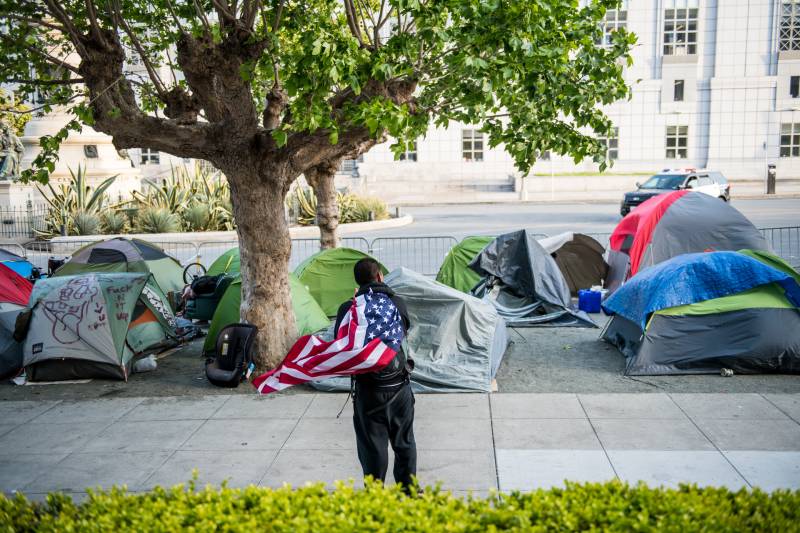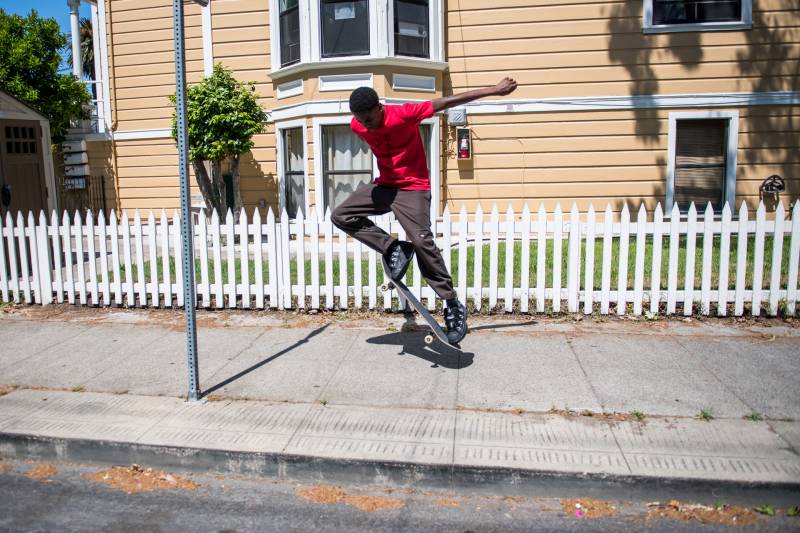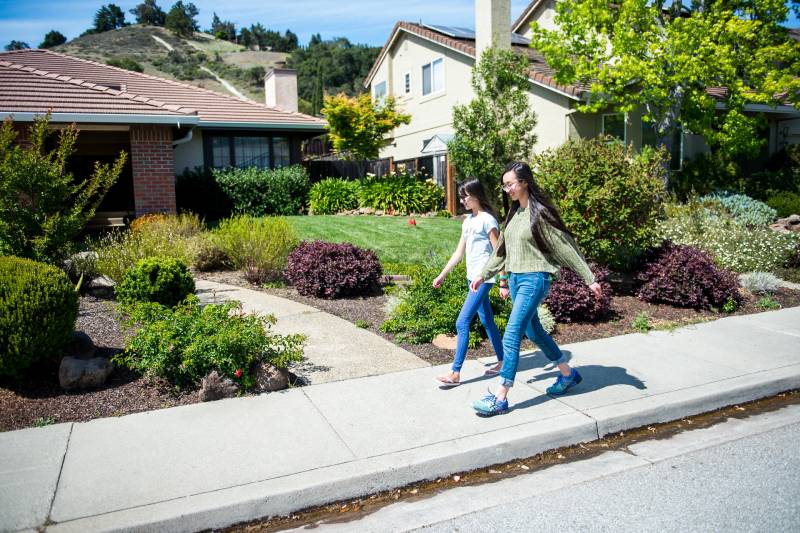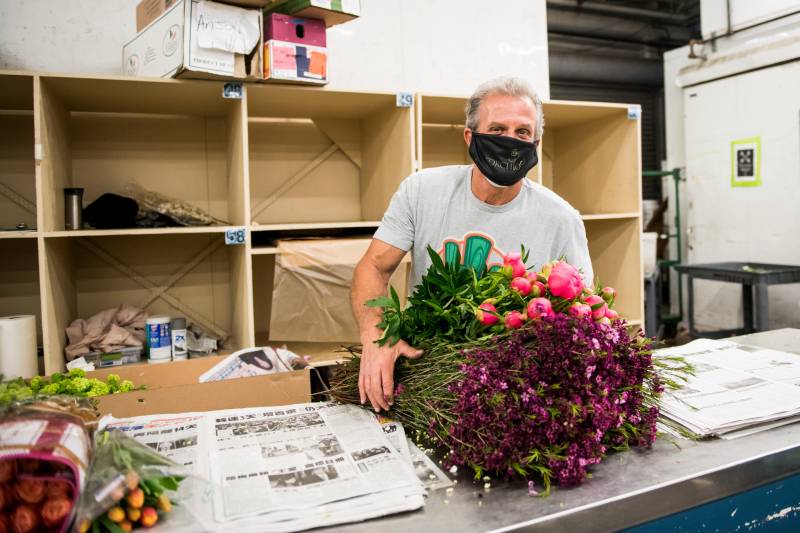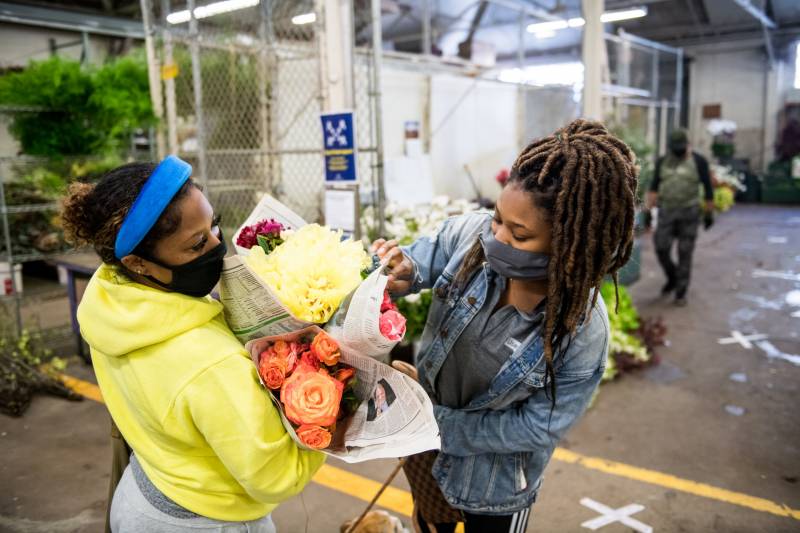SF Used to Trash Homeless Tents – Now the City Will Sanction These 'Safe Sleeping Sites'
(May 6)
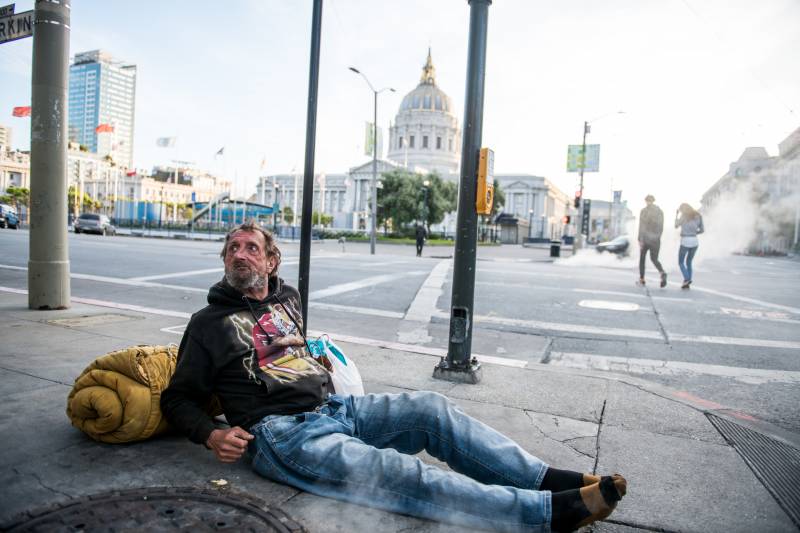
For years, San Francisco police have ordered tents removed from city streets, even at times slashing them with knives themselves. Public Works employees have tossed the ever-ubiquitous nylon homes of desperate people into dump trucks on a weekly basis.
This week, however, San Francisco will launch the first of five planned “Safe Sleeping Sites,” KQED News has confirmed, with the hope that unhoused people will be kept socially distant amid the COVID-19 pandemic in a controlled location, replete with services like showers and food.
Tents, once an ultimate bogeyman of San Francisco's government, will be revered as lifesaving.

Chinatown Housing Group Feeds Vulnerable SRO Tenants – by Reviving Legacy Restaurants
(May 6)
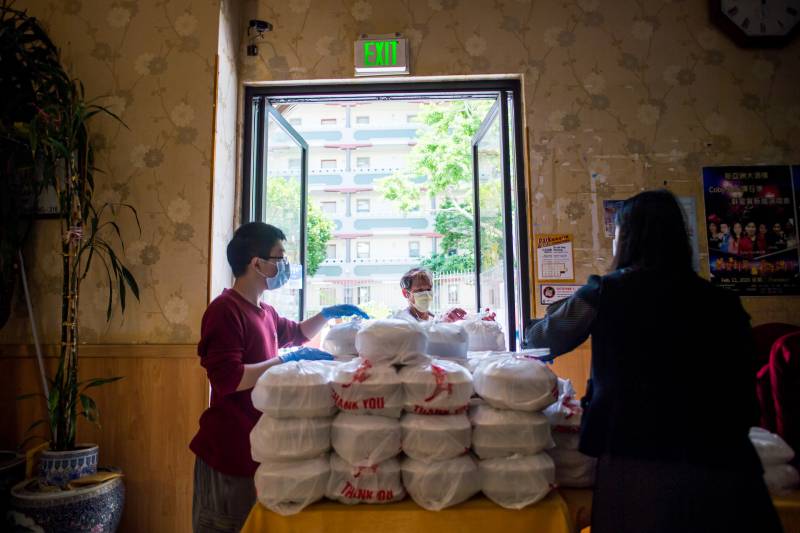
Tina Yu, who shares a single-room occupancy unit with her husband and two young daughters, is one of roughly 13,000 residents in Chinatown who live in SROs. The one-room housing units are typically 80 square feet and make up about half of the neighborhood's entire housing stock.
As one of the last remaining affordable housing options in San Francisco, they are largely occupied by many senior residents and new Chinese immigrant families. There are no private kitchens or bathrooms. Despite being one of the densest residential neighborhoods in the nation, San Francisco Chinatown has been largely successful in managing the coronavirus outbreak – but residents say cooking and eating at home often still feels like a daily gamble.
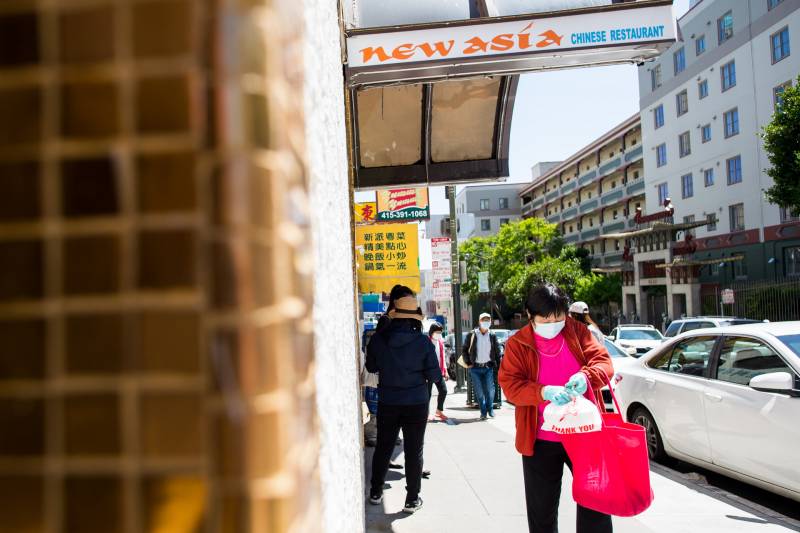
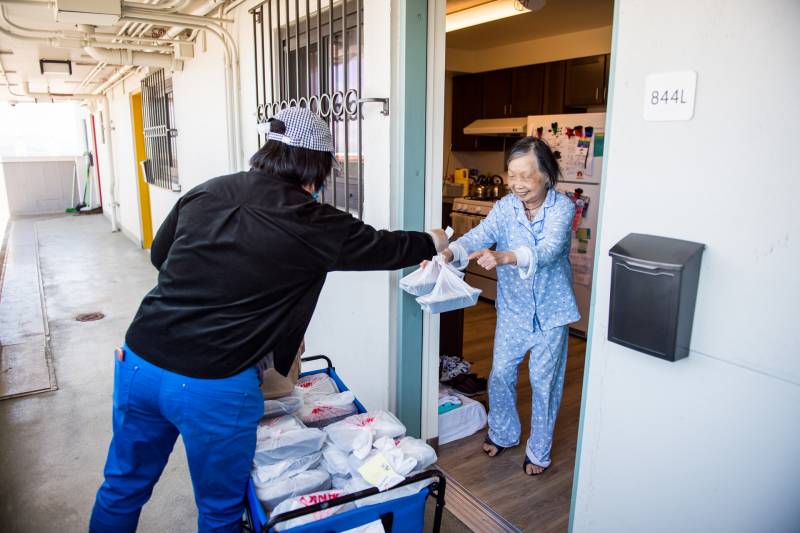
One form of relief has come in the form of Feed + Fuel Chinatown, a free cooked-meal program organized by the Chinatown Community Development Center (CCDC), a nonprofit affordable housing organization. CCDC owns about 465 SRO units in the neighborhood, and its leaders realized early on that food security was a key vulnerability that needed to be addressed immediately.
Prom? Canceled. Graduation? Canceled. High Schoolers Share Their Worlds With Us (May 7)
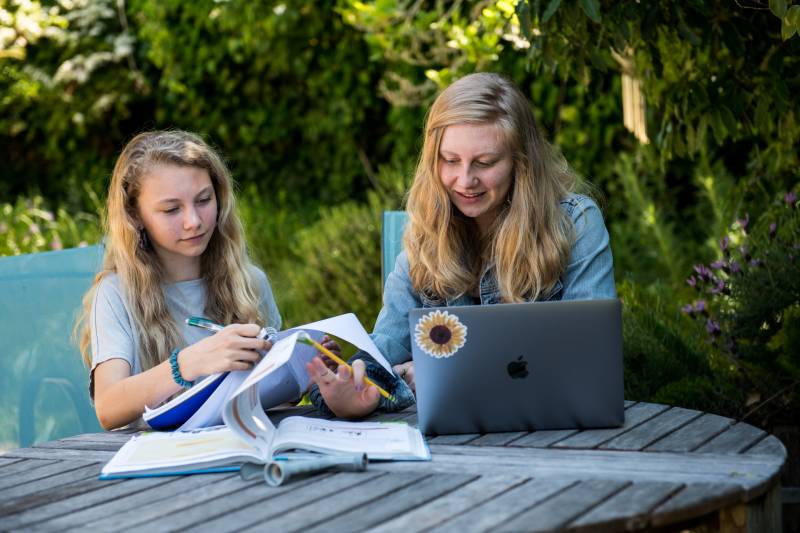
The coronavirus has made it a weird spring for everyone, but young people may be feeling it more strongly. Bay Area schools won’t be holding in-person classes for the rest of the school year, which means lots of seniors are finishing out their high school careers online. They aren’t going to prom, signing yearbooks, sharing the news of college acceptances with friends and teachers in person, or even walking across the graduation stage in front of their family and friends.
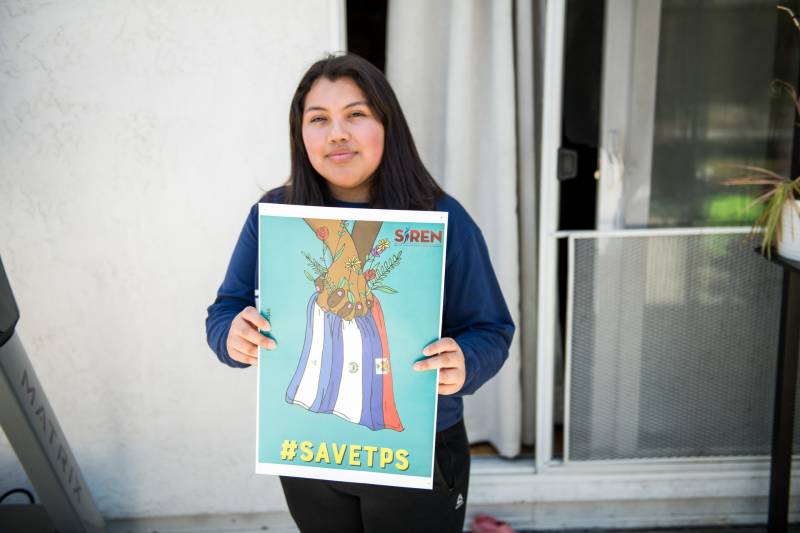
“My name is Julisa Reyes Gomez. I'm a junior at Independence High School in San Jose. I miss school. I miss my friends. I miss my teachers. I miss the classroom. And this is something that I never thought I would be saying."
